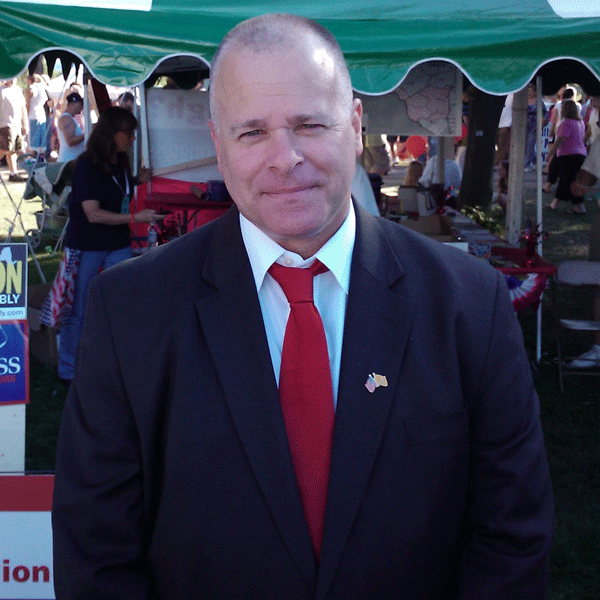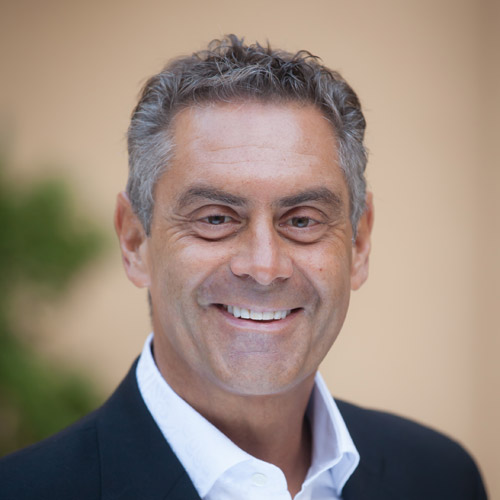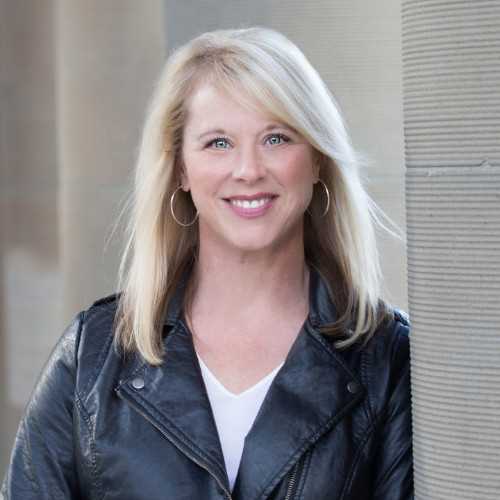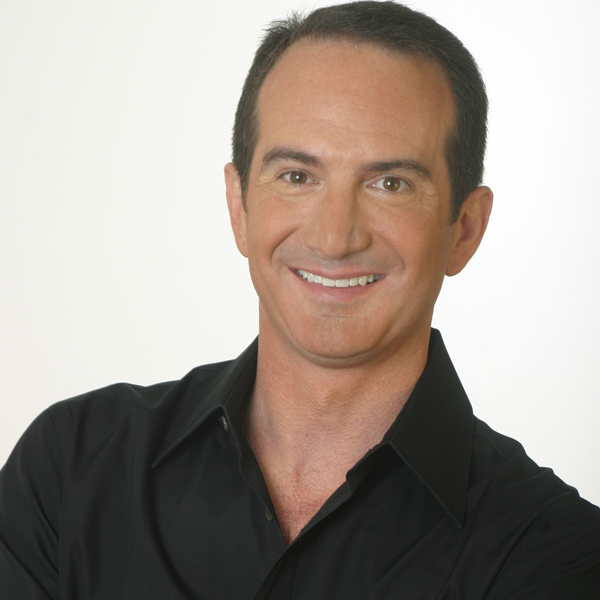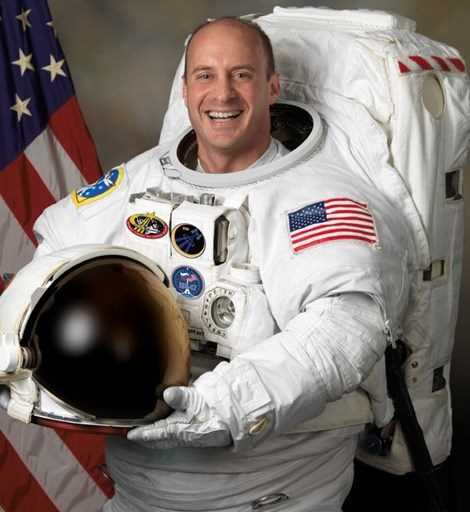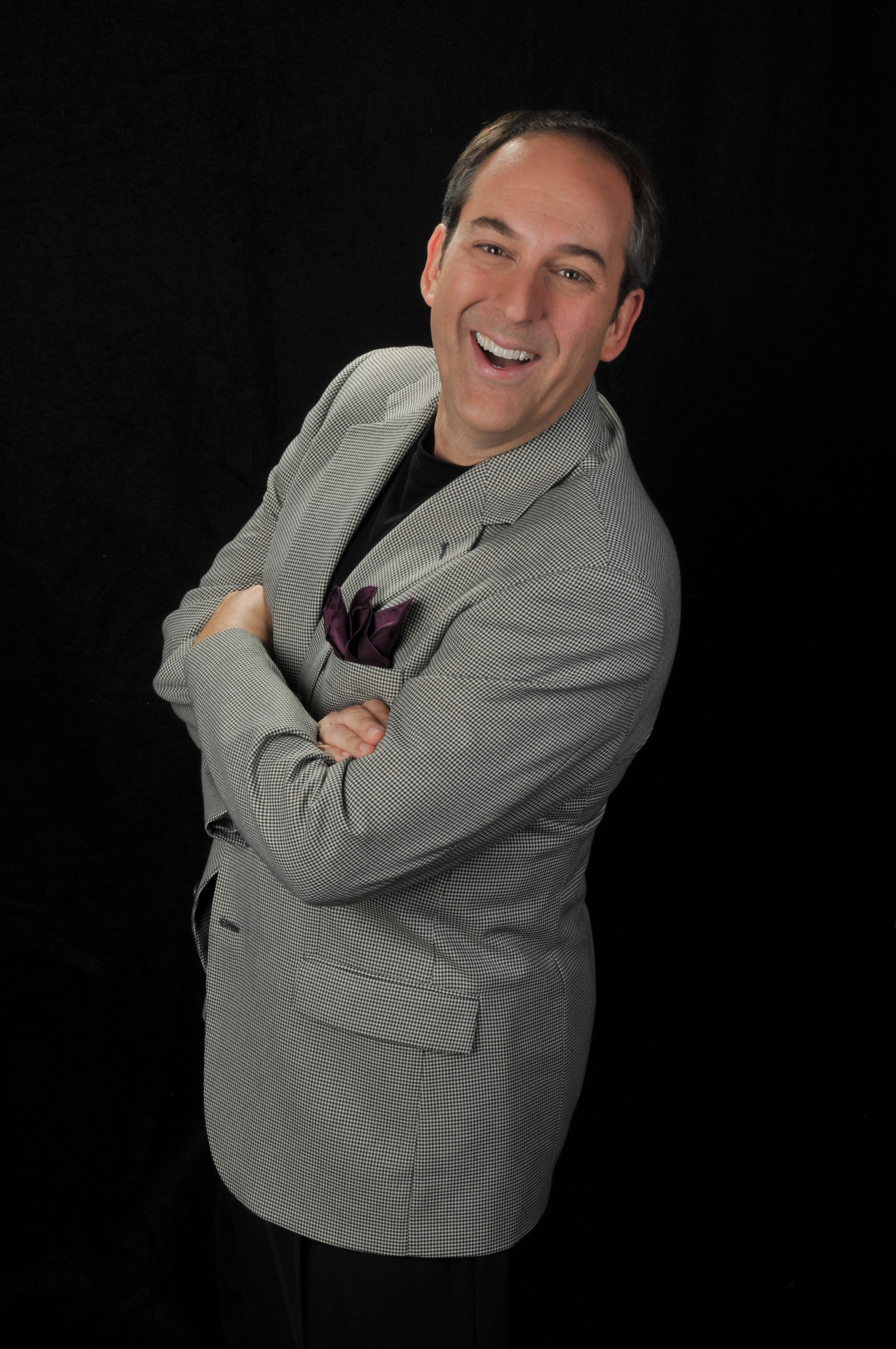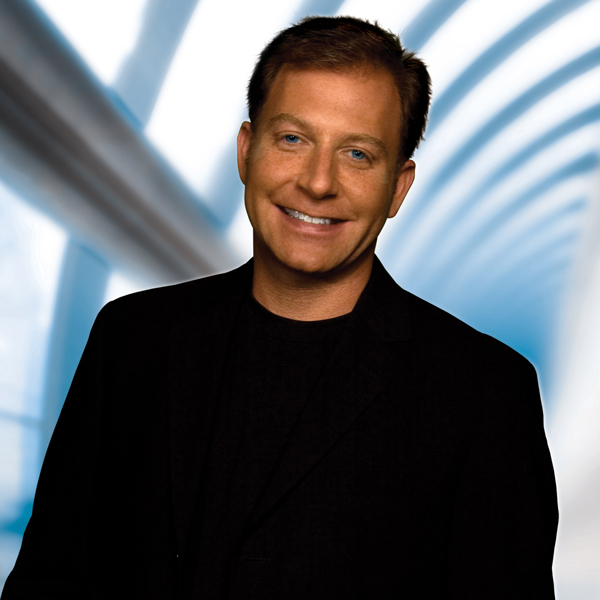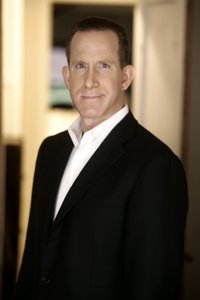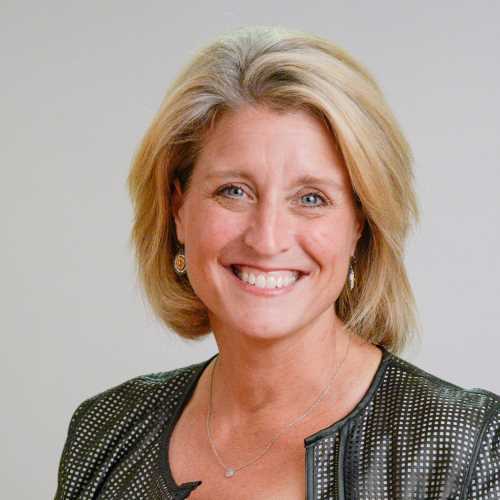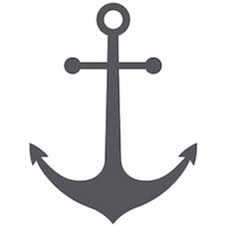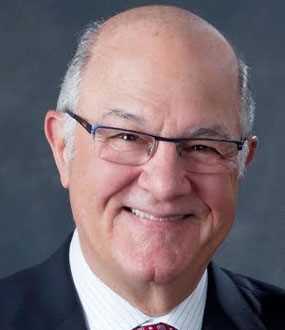
Jim Kouzes
- Co-Author of award-winning and best-selling book, The Leadership Challenge
- Dean’s Executive Fellow of Leadership, Leavey School of Business, Santa Clara University
Travels From
California
Jim Kouzes Speaker Biography
Jim Kouzes is the coauthor with Barry Posner of the award-winning and best-selling book, The Leadership Challenge, with over 2.5 million copies sold and available in 22 languages. He's also the Dean’s Executive Fellow of Leadership, Leavey School of Business, Santa Clara University.
The sixth edition of The Leadership Challenge was released in May 2017, marking the 30th anniversary of continuous publication. The Leadership Challenge has debuted at #1 on Amazon’s leadership bestseller list, was selected by FastCompany as one of the 2012 Best Business Books of the Year, and was on the 2013 Wall Street Journal bestseller list. The Leadership Challenge was selected as one of the 100 best business books of all time by 800-CEO-READ. It was an Amazon Editor’s Pick for one of the Best Business Books of 2007, as well as the winner of the 1995-96 Critics' Choice Award, and the 1989 James A. Hamilton Hospital Administrators' Book Award. Jim and Barry have coauthored over thirty other publications including Credibility: How Leaders Gain and Lose It, Why People Demand It, The Truth About Leadership, Making Extraordinary Things Happen in Asia, Encouraging the Heart, The Leadership Challenge Workbook, and Extraordinary Leadership in Australia and New Zealand. Their book, Learning Leadership, was selected by Strategy+Business as one of the best leadership books of 2016. Their newest book, Stop Selling & Start Leading (with Deb Calvert) was released in March 2018. Over 700 academic studies have been based on their original research.
Jim and Barry also developed the widely used and highly acclaimed Leadership Practices Inventory (LPI), a 360-degree questionnaire assessing leadership behavior. Over 500,000 leaders and 3 million observers have completed the LPI. It has been called "the most reliable, up-to-date leadership instrument available today."
The Wall Street Journal has cited Jim as one of the twelve best executive educators in the U.S. He is the 2010 recipient of the Thought Leadership Award from the Instructional Systems Association, listed in 2010-2013 as one of HR Magazine’s Most Influential International Thinkers, named one of the Top 100 Thought Leaders in Trustworthy Business Behavior by Trust Across America in 2010-2016 and honored as one of its Lifetime Achievement recipients in 2015, selected by the Association of Corporate Executive Coaches as the 2015 International Executive Coach Thought Leader of Distinction, and selected by Global Gurus as one of the Top 30 Leadership Gurus in 2016. In 2006 Jim was presented with the Golden Gavel, the highest honor awarded by Toastmasters International. Jim and Barry are the recipients of the American Society for Training and Development (ASTD) 2009 Distinguished Contribution to Workplace Learning and Performance Award. The International Management Council (IMC) honored Jim and Barry as the 2001 recipients of the prestigious Wilbur M. McFeely Award for their outstanding contributions to management and leadership education.
Jim is also an experienced executive. He served as president, then CEO and chairman of the Tom Peters Company from 1988-until 2000. Prior to his tenure at TPC he directed the Executive Development Center at Santa Clara University from 1981 through 1987. He also founded the Joint Center for Human Services Development at San Jose State University, which he directed from 1972 until 1980. Jim's lifelong career in education began in 1967-1969 when he served for two years in the Peace Corps. Jim believes it was on January 20, 1961 when he was first inspired to dedicate himself to leadership. That was the day he was one of only a dozen Eagle Scouts who served in John F. Kennedy's Honor Guard at the Presidential Inauguration.
Key Messages that can be Included in Speeches:
The following is a partial list of key messages that Jim can discuss in his presentations and seminars. While this is not a complete list, it represents some of the more significant issues that he's addressed. All these messages are based upon the research that Barry Posner and Jim Kouzes have conducted over the last 23 years. This includes work from their previously published materials as well as some newer explorations.
To get across any of these points takes at least 10 minutes, though some require 30 minutes to an hour. In a typical speech Jim can cover around four to six of these messages. Each of the messages has significant implications for practice, and in his speeches he offer prescriptions, case examples, and practice applications.
From Jim:
1. Leadership is a set of skills and abilities. Leadership is not the private reserve of a few charismatic men and women. It?s a set of skills and abilities learnable by anyone. Since 1983 we've been researching leadership, analyzing data ? both cases and surveys -- from hundreds of thousands of individuals. From our analysis we've found that there are Five Practices of Exemplary Leadership® - Model the Way, Inspire a Shared Vision, Challenge the Process, Enable Others to Act, and Encourage the Heart. What do leaders actually do to exhibit these practices and how can they apply them to their daily work? How do they currently perform, and how can they improve in each of these areas? In keynote presentations or workshop formats, I explore The Five Practices of Exemplary Leadership. (I also deliver a one-day workshop on these practices, entitled The Leadership Challenge® Workshop.)
2. Leadership is in the eye of the beholder. Leadership is a relationship between those who aspire to lead and those who choose to follow. Any discussion of leadership must attend to the dynamics of this relationship. The portrait of leadership is only complete when it includes the perspective of the constituents. Strategies, tactics, skills, and practices are empty unless we understand the fundamental human aspirations that connect leaders and constituents. If leadership is in the eye of the beholder, then what is it that constituents want from their leaders?
3. Credibility is the foundation of leadership. We have conducted extensive research on the qualities people look for and admire in leaders, and we have found that people around the globe want leaders who are honest, forward-looking, inspiring, and competent. While these results aren't terribly surprising, they are extraordinarily significant to leaders because three of these four characteristics comprise what communications experts refer to as "source credibility." Personal credibility is the foundation of leadership. We've come to call this the First Law of Leadership if you don't believe in the messenger you won't believe the message. How do you earn and sustain credibility over time?
4. There's a renewed search for meaning. While cynicism is pervasive, people are looking for greater meaning and purpose in life and work. A quick review of the bestseller list reveals books on spirituality, health, civility, and community. Values and virtues are discussed openly, and people worry about their personal legacy. How can leaders support both productivity and purpose at work?
5. Personal values are the source of organizational commitment. Credibility has at its root the word "credo" literally "I believe." The first step in earning and sustaining personal credibility is the clarification of personal values. Our research also indicates that the clarification of personal values precedes buy-in to organizational values. People who are clear about organizational values but unclear about their personal values are significantly less committed to the organization than those individuals who are clear about their personal values but unclear about the organization's values. All leaders must, therefore, be crystal clear about what they stand for and believe in. How do leaders clarify their guiding principles? How do they help others to do the same?
6. Finding your voice is essential to authentic leadership. As poet David Whyte has written, ?voice throws us back on what we want for out life. It forces us to ask ourselves, Who is speaking? Who came to work today? Who is working for what? What do I really care about? It's important to answer these questions for yourself ? to find your true voice ? because in truth you can't lead others to places you don't want to go yourself. If you do not find your own voice, you may find yourself with a vocabulary that belongs to someone else, mouthing words that were written by a speechwriter who is nothing like you at all. In the end what earns you the respect of your constituents is whether you are you. And whether what you are embodies what they want to become. So just who are you, anyway?
7. Shared values make a difference. While values clarity is a prerequisite for commitment, it is also important to understand that people whose personal values are aligned with the organizations' values are significantly more productive and positive than those who experience little fit between personal and organizational values. And when there is a unity of purpose, there is also much more teamwork and team spirit. Wise leaders know that they must build consensus not just on projects but on principles. How do leaders unify their constituents?
8. The legacy you leave is the life you lead. When we asked people to define "credibility" behaviorally, the most common response was "They do what they say they will do." Leaders take ownership for the success of their organization's vision, mission, and they are willing to hold themselves accountable for the results. Valuing is not a mental activity. It's a physical one. The only way people know we value something is when they see it in action. When leaders practice what they preach they become role models for their constituents, and leaders who are seen as exemplary role models have higher performing units. We have found, however, that there is a striking lack of awareness of all the ways in which one can set a positive example for others. What are the modeling tools of leaders, and how are they best put to use?
9. It takes courage to lead a life. Anytime we do something we fear, it takes courage. The greater the fear, the more courage required. Courage enables us to approach our fears and not run away from them. But courage, despite its frequent attribution to great leaders, is a poorly understood leadership virtue. And when it is discussed it's often associated with heroic acts under battlefield conditions. In our research, however, we've found that when people tell us about their moments of courage? they speak not at all about dramatic exploits, but instead about very personal themes of life transitions and transformations. What is courage, then? What is required to live a courageous life? How does courage apply to organizations? How can leaders create conditions that support courage in others?
10. Learning to lead changes who you are. When we truly learn something , whether it's cooking or computing, mentoring or managing, lifting or leading, it not only changes how we do something, it changes who we are. When we integrate leading into our daily lives, truly integrate it, not just add it to our "to do" list, we are different than before. We become leaders; we don't just do leadership. What is it like to be a leader in today's world?
11. Leaders function in the future tense. While credibility is the foundation of leadership, being "forward-looking" is also essential to earning the respect of constituents, and it is, according to our research, the one quality that differentiates leaders from other credible people. The domain of leaders is the future, and the unique legacy of leaders is the creation of valued institutions and innovations that survive over time. What is the future you foresee? What is the future you desire?
12. Challenge provides the opportunity for greatness. Leaders go first. They are proactive people, and taking initiative is one of the best predictors of leadership success. When we ask people to think about leaders they admire and look up to the names that come to mind are people who have confronted great crises, set out on pioneering journeys, or initiated social movements, people who have brought about or successfully responded to major change. The same is true when we ask business executives to describe their personal best leadership experiences. Leadership begins with a search for opportunities to change, grow, innovate, and improve. The essential question leaders must constantly ask themselves is: "What have you changed lately?"
13. Lasting change progresses one hop at a time. The sheer mass of problems and the breadth of opportunities can often overwhelm people. Rather than inspiring action, they can cause fear and confusion. And planning doesn't help either. How do leaders create momentum when the challenge seems overwhelming? Through a process of small wins, breaking the challenge into doable actions that add up to significant achievements.
14. Leaders are team players. Leaders can't do it alone. The "Lone Ranger" view of leadership is pure myth. When it comes to superior performance collaboration out produces both competition and individualistic efforts. At the heart of collaboration is trust. Without trust you cannot lead. Exemplary leaders are devoted to building relationships based on mutual respect and caring. They see leadership as a relationship, a dialogue, not a monologue. What is trust, and how does a leader build and sustain it?
15. Leadership is a service. You can learn more about leadership by reading a book on customer service than you can by reading most management books. After all, leaders don't make anything. If you had to classify leadership according to one of the SIC codes, you'd have to call it a service. When viewed from this perspective, leaders serve constituents; constituents don't serve leaders. Just what are the links between leadership and customer or client service? What can leaders learn from studying customer service? How do leaders act when they are behaving as providers of a service instead of being the big boss?
16. You can't do what you say unless you know how. Competence is essential to credibility. Before you can do something, you have to know how to do it. This is true for both leaders and their constituents. Developing the capacity of others is crucial to sustaining organizational credibility, because we can't do what we say unless we know how. Coaching skills, setting goals and expectations, listening, giving feedback, teaching and training, building confidence are growing in importance as organizations rely more and more on self-responsible people. How do leaders become more effective coaches?
17. Caring is at the heart of leadership. Contrary to a lot of public myth about how managers have to be cold and rational, it's not personal, it's just business, research indicates just the opposite. The highest performing managers and leaders are the most open and caring. The best demonstrate more affection toward others and want others to be more open with them. In our newest book, Encouraging the Heart (Jossey-Bass, January 1999), we talk about the essentials of caring leadership and how leaders can excel at improving performance through more attention to the human heart.
18. High hope leads to high performance. The climb to the top of the summit is arduous and steep. The challenges are immense and often frightening. Against these odds leaders must sustain hope and offer encouragement. And the research is very clear. High hope leads to high performance. How do leaders sustain hope and encourage others to continue the quest?
19. Leadership development is self-development. Leadership is an art, a performing art, and the instrument is the self. The mastery of the art of leadership comes from the mastery of the self. Ultimately, leadership development is self-development. How do you your own unique talents so that you can present yourself as any authentic leader?
20. Leadership is always a struggle and often a feud. Those of us who write and speak and train on the topic of leadership often create the impression that it's easy. Well, it's much, much easier to preach than to practice. Leadership is hard work. It requires discipline. It's full of tensions. Leaders must learn how to manage the tensions of their roles if they are to remain personally healthy and energetic. How do you balance the often-conflicting demands of the job?
21. Self-development requires a global view. Honest answers to the challenging questions perplexing leaders tell us that we must open ourselves to a more global view. The leader, being in the forefront, should usually be the first to encounter the world outside the boundaries of the organization. The more we know about the world the easier it is to approach it with assurance. Thus, we should seek to learn as much as possible about the forces that affect the organization, be they political, economic, social, moral, or artistic. What are those forces? How do you learn about them? What can you do to educate others about them?
22. Leadership is everyone's business. In our workshops we often ask people to share a story about a leader they admire and whose direction they would willingly follow. From this exercise we hope they will discover for themselves what it takes to have an influence on others. We have another objective as well: we want them to discover the power that lies within each of us to make a difference. Our research, case and survey, qualitative and quantitative, has involved students and teachers, front-line service workers and senior executives, public and private sector, domestic and international. The data point only in one direction, leadership is everyone's business. True leaders turn constituents into leaders. The ultimate test of leadership is not how many followers one has, but how many followers became leaders in their own right. We believe that the appropriate percentage should be 100%. How do you grow constituents into leaders?


